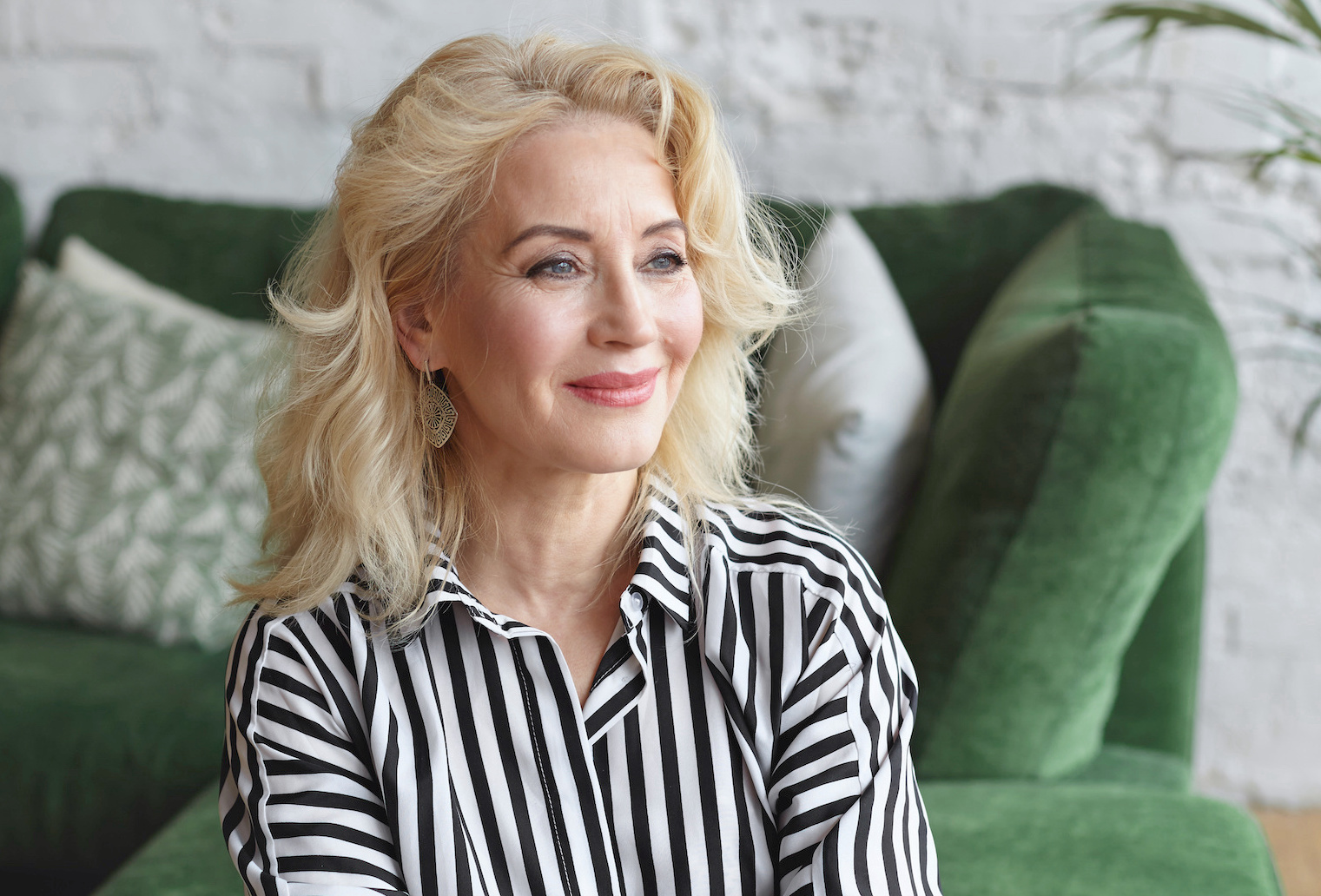Fighting the reality of life is often a losing game. Things happen – we experience situations we don’t want to be in, feelings we don’t want to feel, and memories we’d like to forget. But by radically accepting life as it comes, we minimize our suffering. Through radical acceptance, we say, “It is what it is,” and move forward.
There’s more to it, of course. Allow me to explain.
What is Radical Acceptance?
Radical acceptance originates from one of the four modules of Dialectical Behavioural Therapy (DBT). For reference, the four modules are mindfulness, emotional regulation, interpersonal effectiveness, and distress tolerance. Under distress tolerance comes the practice of radical acceptance.
So, what is it exactly? To sum it up, it’s the skill of understanding that life can be painful at times and by accepting this, we can reduce our suffering. Some may feel acceptance is the same as agreeing with a painful situation. However, it’s important to note that acceptance does not equal approval. Acceptance is a form of self-care. You are choosing to move forward in life while rejecting further distress all at the same time.

What It Is and Isn’t
At the core of radical acceptance is recognizing that some situations are beyond your control. Fighting reality isn’t going to change the situation. If anything, it will only cause suffering and wasted energy.
The pandemic is a perfect example. Universally, we had to accept that a virus changed our way of being, with no guaranteed end in sight. Those who decided to bake sourdough, hold Zoom hangouts with friends, and embrace lockdown practiced radical acceptance. They were able to say, “Lockdown sucks” and “Look at my new skill,” at the same time.
Radical acceptance is:
- Accepting reality for what it is through a non-judgmental lens
- Moving away from unhelpful and emotional reactions
- Viewing emotions, experiences, and memories with logic instead of rumination
Radical acceptance is not:
- Accepting abusive behaviour or disrespect from others
- Approving unfair or inappropriate treatment
- Agreeing with what has happened or is currently happening to you
3 Ways to Practice Radical Acceptance
As stated earlier, radical acceptance is rooted in DBT and the idea that two seemingly opposite things can be simultaneously true. Instead of viewing a situation as black and white, DBT offers a grey area of acceptance and change.
If you experience anxiety, radical acceptance isn’t saying to yourself, “I love anxiety!” Instead, it’s understanding that fighting with the fact that you have anxiety will only amplify your feelings. It’s saying, “I have anxiety” and “I’m okay,” at the same time.
Things to keep in mind:
1. Remind yourself that in this moment, reality cannot be changed. Fighting the reality of a situation only causes unnecessary pain.
2. Observe your emotions from a logical standpoint. Accepting a situation for what it is doesn’t mean you aren’t allowed to feel emotions. Be sad, disappointed, and grieve. This goes back to two things being true at the same time. “I’m disappointed” and “I’ll be okay” can come from the same situation.
3. Remember, acceptance does not mean approval. This can’t be overstated. If you find yourself resisting acceptance, remind yourself that accepting a situation for what it is doesn’t mean you approve of it.
Radical acceptance is a lifelong practice. As with any practice, it will become easier over time. Remember to show yourself compassion and patience as you navigate challenging situations and feelings in life.

Explore Radical Acceptance at Georgia Strait
Dialectical Behavioural Therapy is one of many therapeutic methods offered at Georgia Strait Women’s Clinic. Clients explore the complexity of life through Meaning Therapy, Cognitive Behavioural Therapy (CBT), Hypnotherapy, EMDR, Somatic Counselling, and group therapy.
If you or someone you know is struggling with mental health and/or substance use, contact us today to learn more about our programs and services.




